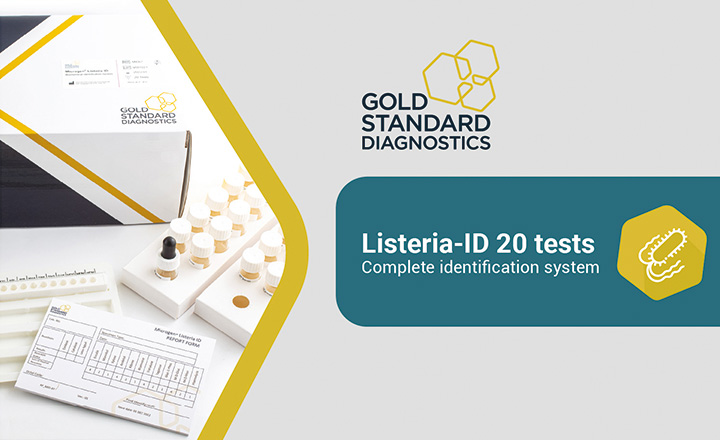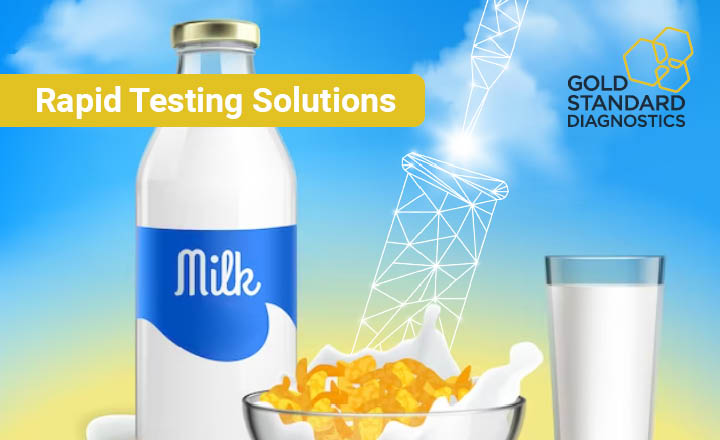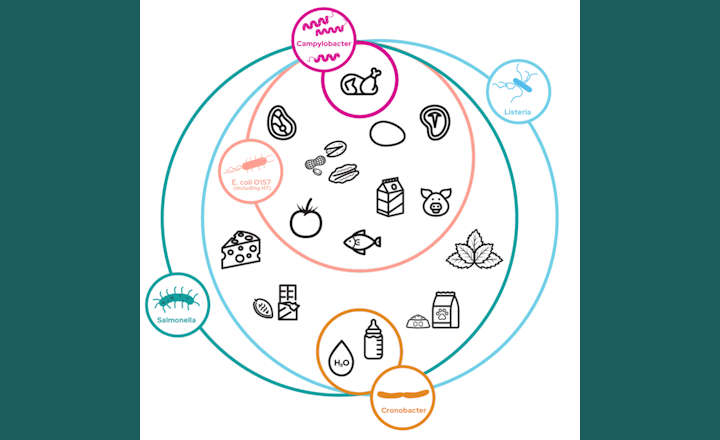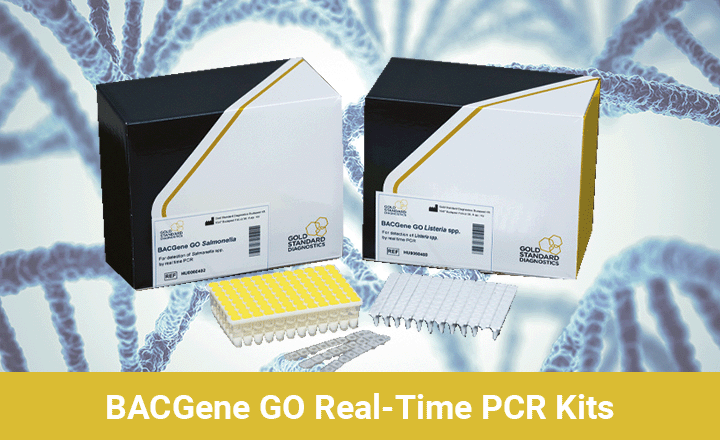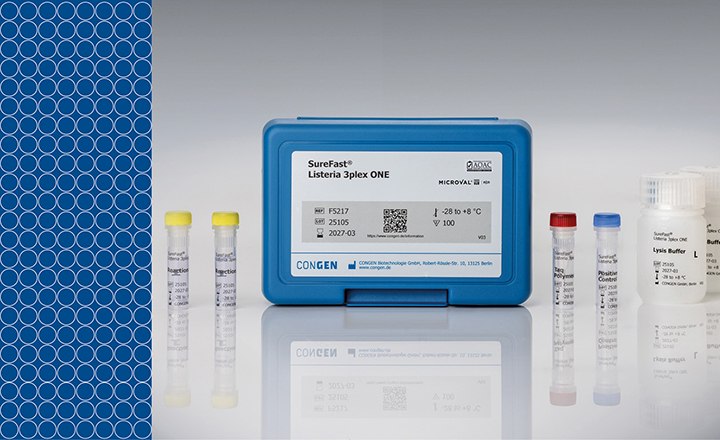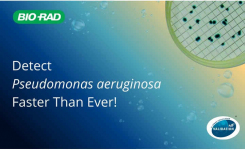
BIOTECON Diagnostics has developed a unique lyopilized foodproof® real-time PCR-test for the detection of all Listeria "sensu stricto" species within 24 h
Microbiological methods for the detection of Listeria spp. with the pathogenic species Listeria monocytogenes including enrichment, isolation on agar plates and confirmation usually take several days. Therefore, real-time PCR and other rapid alternative methods have been developed to shorten the time from sample to result for the detection of this dangerous pathogen.
BIOTECON Diagnostics has now developed a new, lyophilized real-time PCR assay for the detection of all the Listeria Genus "sensu stricto" species. The company also provides several DNA extraction kits for all kind of tasks, like the foodproof® StarPrep Two Kit for manual extraction, the foodproof® StarPrep Two 8-Strip Kit for high-throughput manual extraction in deep-well plates or the foodproof® Magnetic Preparation Kit II for automated DNA extraction with the foodproof® RoboPrep Fusion.
To shorten the time for enrichment, BIOTECON Diagnostics has incorporated a rapid Listeria enrichment broth from a leading media supplier: foodproof® Listeria StarBroth. By this combination of products, a safe detection of Listeria Genus and Listeria monocytogenes is now possible in less than 24 h in all kind of foods and raw materials. In addition, the ISO 11290 reference broth, ½ Fraser, has been included in the validation as well. In this case, depending on the DNA extraction protocol and the food matrix, the enrichment time has to be prolonged to up to 48 h.
The product validation included most relevant food categories like meat, milk and milk products, fruits and vegetables and environmental samples.
What is Listeria "sensu stricto"? Listeria spp. currently includes 17 species. They are gram-positive, rod-shaped, and facultatively anaerobic bacteria. Only Listeria monocytogenes causes listeriosis, a very serious disease, which kills almost 150 people every year alone in the USA. The disease mostly affects pregnant women, newborns, adults with weakened immune systems, and the elderly.
Depending on the degree of relationship to Listeria monocytogenes, the genus Listeria can be sub-divided into Listeria sensu stricto species and Listeria sensu lato species. The six sensu stricto species share common phenotypic characteristics; this group includes the pathogen L. monocytogenes. The 11 Listeria sensu lato species represent three distinct monophyletic groups, which may warrant recognition as separate genera. Some of the Listeria sensu lato species should not be used as an indicator of growth for L. monocytogenes because they show different characteristics, e.g. they do not grow in refrigeration temperatures.
The sensu stricto definition includes the species L. monocytogenes, L. seeligeri, L. ivanovii, L. welshimeri, L. marthii and L. innocua. Only these six species closely related to Listeria monocytogenes and often occurring in the same habitat are detected with the new foodproof® kit.
Therefore the new foodproof® Listeria Genus Detection LyoKit can be used as a direct indicator of growth of L. monocytogenes.
For more information about the new foodproof® Listeria Genus LyoKit please click on the 'Request More Information' button below.






